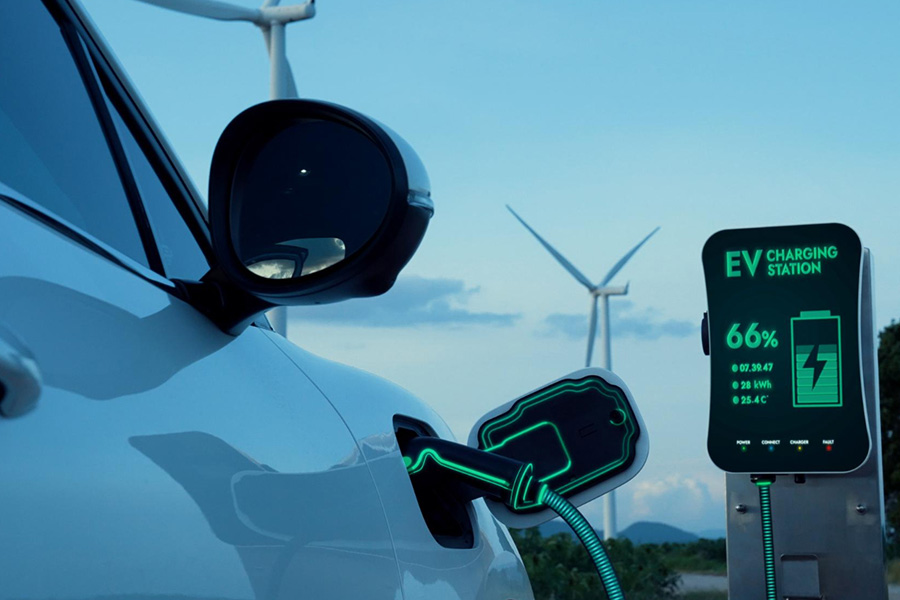
The findings emphasise the mutually reinforcing and stabilising effects of inter-industry-cum-government partnerships in the EV ecosystem value creation prior to and despite SARS-COVID-19-related setbacks in EV deployment.
Author
Annika Bose Styczynski, Associate Professor, Jindal School of Government and Public Policy, O.P. Jindal Global University, Sonipat, Haryana, India.
Summary
Climate change and local air pollution pose a major challenge for governments and companies across the world. To mitigate the risks of these challenges, they are making efforts to redesign and support new business models. This research chapter looks closely at the emerging electric vehicle (EV) ecosystem and analyses the business model innovations (BMIs) adopted by Indian companies.
The research is based on secondary data from those companies that are located in states that have been active in supporting electric mobility. Each business case selected fulfils at least one aspect of Weiller and Neely’s multidimensional framework (customer, business, financial, and strategic advantages) for EV adoption.
In addition, we are adopting a circular economy perspective where a co-benefits approach drives the BMI presented. Findings emphasise the mutually reinforcing and stabilising effects of inter-industry-cum-government partnerships in the EV ecosystem value creation prior to and despite SARS-COVID-19-related setbacks in EV deployment.
Published in: India’s Energy Revolution: Insights into the Becoming of a Global Power, Routledge India.
To read the full chapter, please click here.

